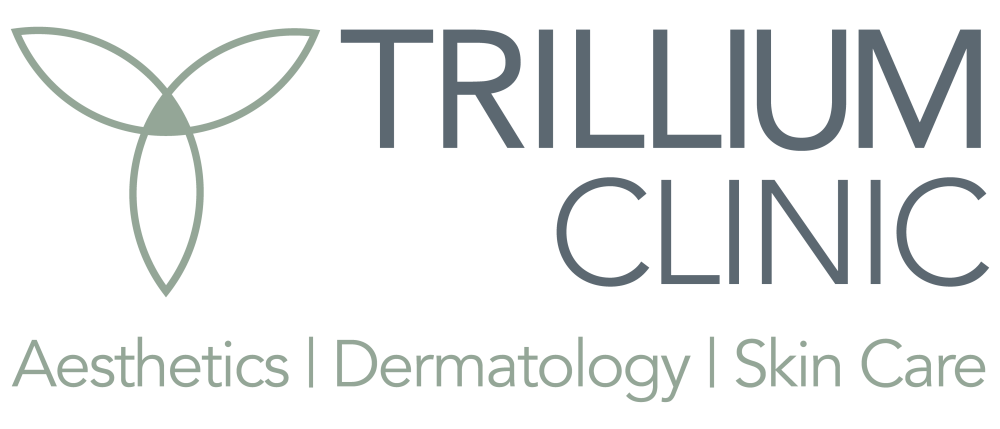Seborrheic Dermatitis is a very common skin condition. However, patients struggle to find effective treatments. We understand the frustration of dealing with dandruff. At the Trillium Clinic, our solutions are designed to address seborrheic dermatitis at its cause, helping your skin heal and giving you the clear, healthy itch-free skin you desire. Begin your advanced seborrheic dermatitis treatment today, and say goodbye to the persistent itch and flaking of dandruff.
What is Seborrheic Dermatitis

The symptoms of seborrheic dermatitis may include:
Redness: Affected areas can appear red or inflamed.
Itching: Itchy skin is a common symptom, which can be mild to severe.
Flaky scales: Yellowish or white scales can develop on the skin, often accompanied by dandruff-like flakes in the scalp.
Greasy or oily appearance: The affected areas may have a greasy or oily appearance due to the excessive production of oil by the sebaceous glands.
What Causes Seborrheic Dermatitis
The exact cause of seborrheic dermatitis is not fully understood, but several factors contribute to its development. These include:
Malassezia yeast: An overgrowth of the Malassezia yeast that naturally resides on the skin is believed to play a role in triggering seborrheic dermatitis.
Hormonal factors: Hormonal fluctuations, such as those occurring during puberty or in individuals with certain medical conditions, may contribute to the development of seborrheic dermatitis.
Genetic predisposition: A family history of seborrheic dermatitis increases the likelihood of developing the condition.
Environmental factors: Cold, dry weather and stress can exacerbate symptoms in some individuals.
How is Seborrheic Dermatitis treated
The treatment of seborrheic dermatitis aims to control symptoms and manage flare-ups. It may involve the following approaches:
Gentle skincare routine: Using mild, non-irritating cleansers and moisturizers can help soothe the skin and prevent excessive dryness.
Lifestyle adjustments: Managing stress, avoiding triggers, and maintaining good overall health can help reduce the frequency and severity of flare-ups.
Medicated shampoos: Shampoos containing ingredients like coal tar, salicylic acid, or zinc pyrithione can help control scalp symptoms and dandruff.
Topical antifungals: Antifungal creams, shampoos, or lotions containing ingredients like ketoconazole, ciclopirox, or selenium sulfide can help reduce the overgrowth of the Malassezia yeast.
Topical corticosteroids: In cases of more severe inflammation, topical corticosteroids may be prescribed for short-term use to reduce redness and itching.
Antifungal agents: Oral antifungal medications may be prescribed for severe or resistant cases of seborrheic dermatitis.
Embark on your journey to radiant skin
It’s important to consult with a dermatologist for an accurate diagnosis and personalized treatment plan for seborrheic dermatitis. Dermatologists can provide guidance on the most appropriate treatment options based on individual symptoms and needs. Although seborrhea can be persistent, it does not affect overall health. If you are suffering from seborrheic dermatitis make an appointment here to see one of the dermatology providers at the Trillium Clinic in Chapel Hill. We are currently accepting new patients from Chapel Hill, Carrboro, Hillsborough, Pittsboro, Mebane, Durham, Burlington, Cary, and surrounding cities, who suffer from dandruff. Call us today to discuss the various treatment options.
